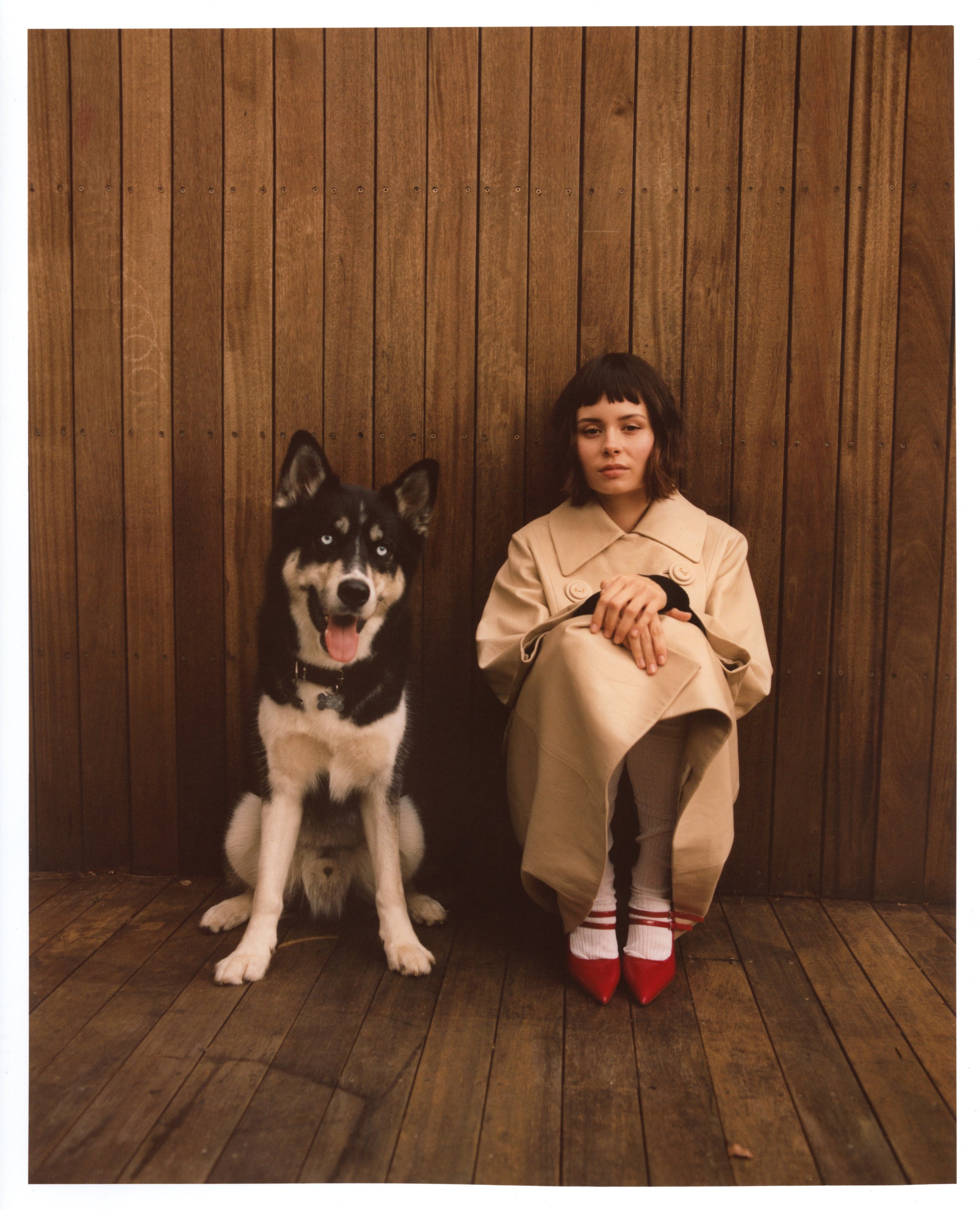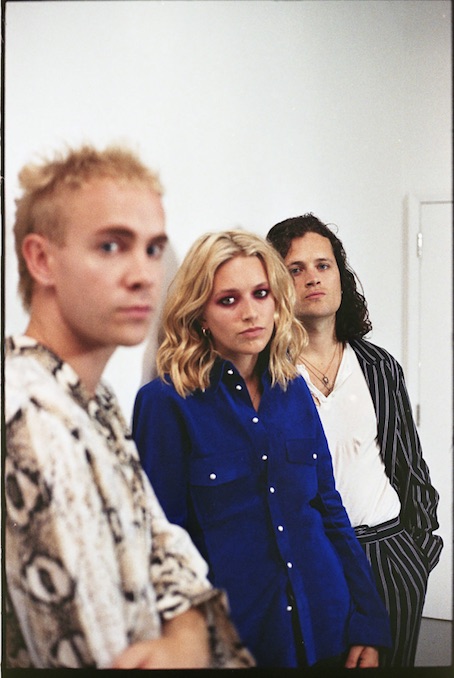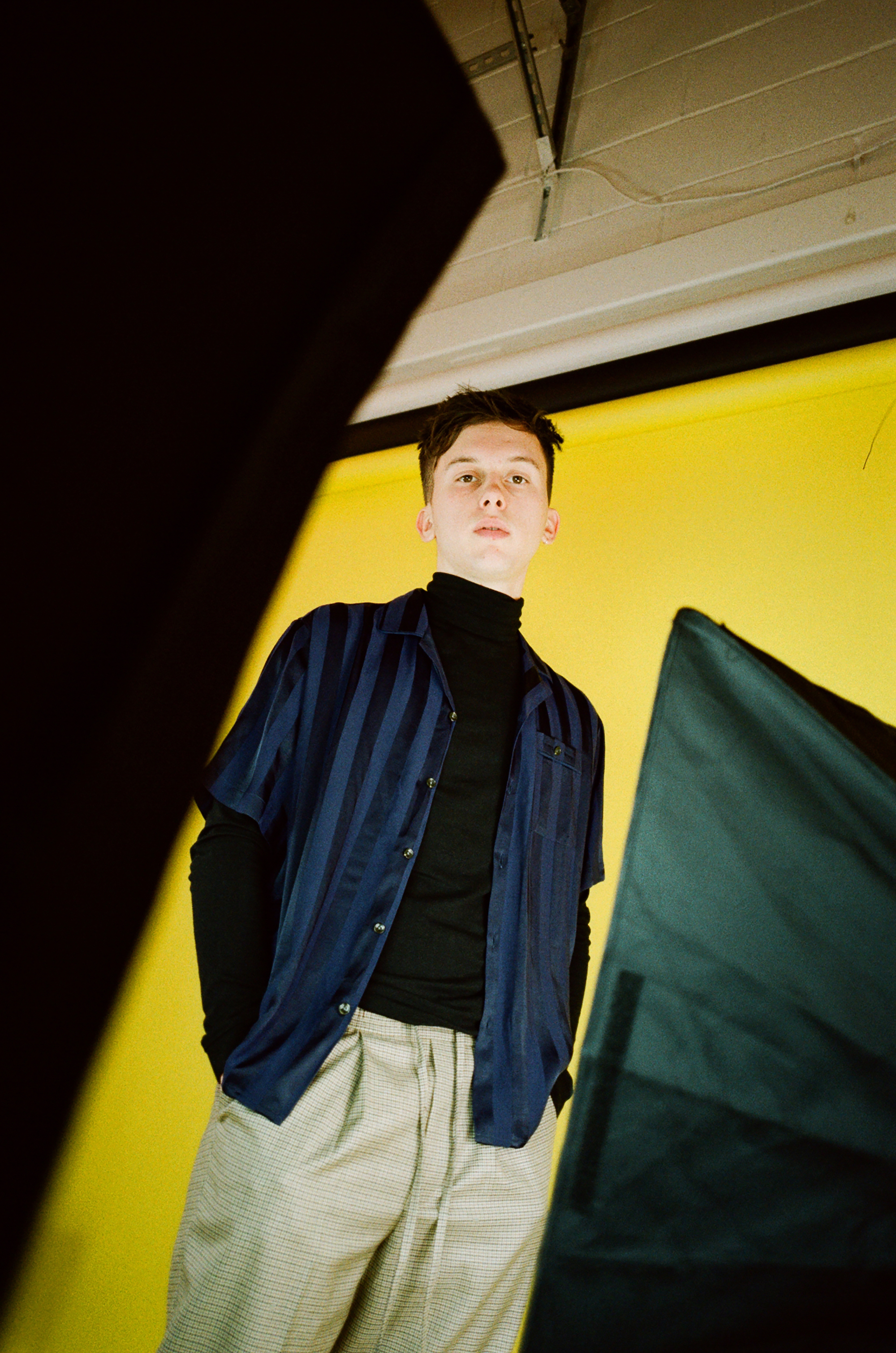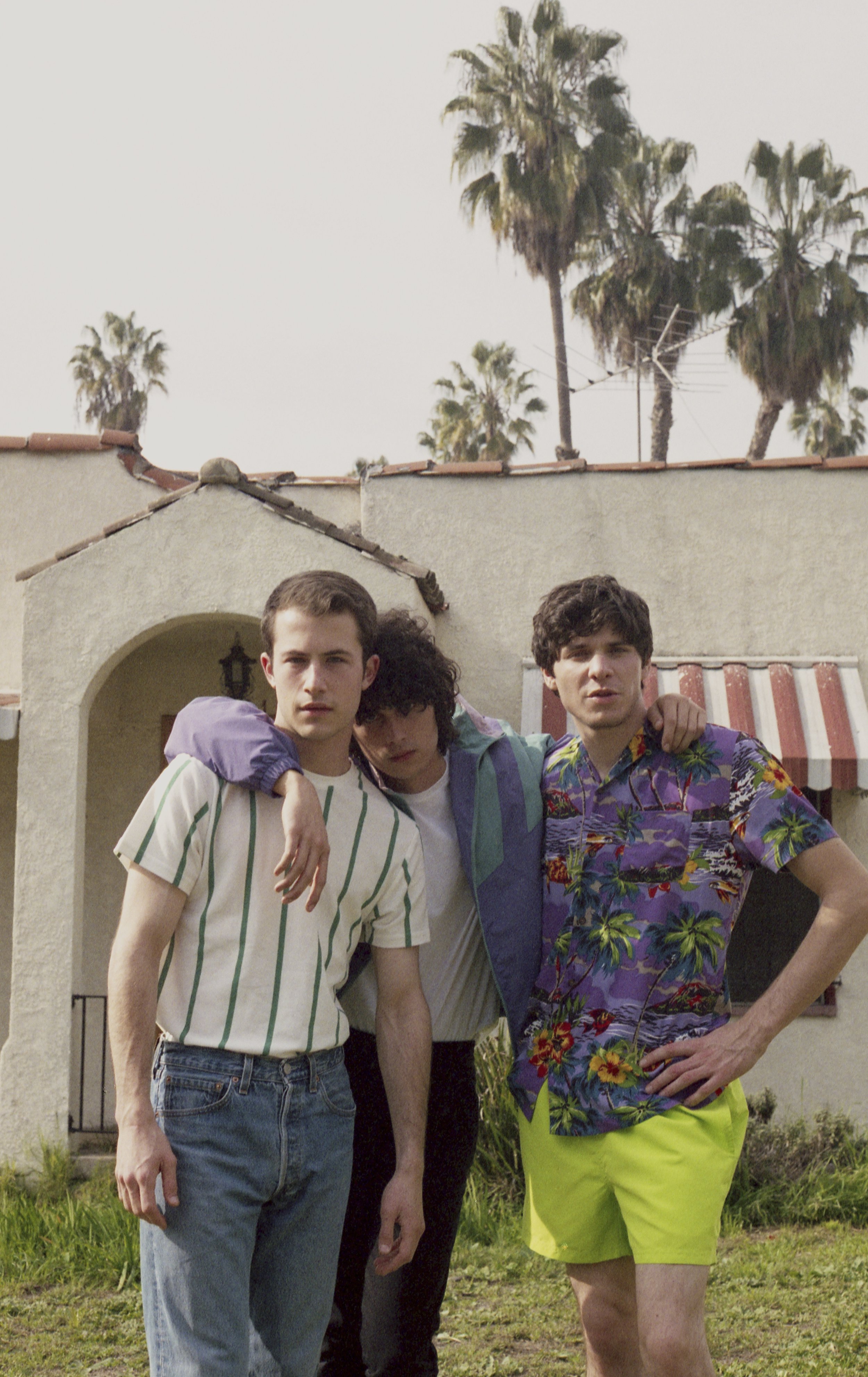Nina Nesbitt

Being in your early twenties isn’t easy for anyone. It’s the time where you’re meant to start getting your shit together, but in reality many of us have no idea who we are or what we want to do. As Nina Nesbitt describes it, it’s a very “What the fuck is going on?” age. “I feel like everyone in their early twenties has that identity crisis,” the newly-pink-haired Scottish songwriter elaborates over a cup of coffee. “Everyone is like ‘Who the fuck am I?’”
It’s this time that Nina explores in her stunning sophomore album The Sun Will Come Up, The Seasons Will Change. After being dropped from the major label that released her 2014 debut record Peroxide, at 21 Nina was left unsigned and struggling to know what to do next. Still adamant about releasing music, she tried to turn her hand to songwriting, penning tracks for other artists including Jessie Ware. But she found it difficult to let other people sing such personal, autobiographical songs. “I was like, ‘Ah, I’m going to be a songwriter, that’s so much more chilled out, and I love writing songs,’” the now 24-year-old explains. “I started doing that and I loved songwriting but part of me wanted to be the one singing them. You can’t really have another artist singing about where I come from, or my last break up. It’s a bit weird.”
What followed was two years of Nina grappling with who she was. In the aftermath of being dropped from her label and not finding fulfilment in writing for others, she suddenly found herself alone in a big city with a lack of direction. “I was single and going out drinking four or five times a week, trying to forget the reality I was living in,” she candidly reveals. “It sounds stupid because everyone was like, ‘Oh, you’re so lucky, you’re doing music, you’re living your dream,’ but to me, it felt like I was almost invisible. No one was answering my calls, no one was interested in what I was doing. I just felt a massive confidence knock. I didn’t know who I was or what I wanted. I was just going out to clubs, hanging out with people who weren’t really my friends, dating people who I didn’t really like, and probably being a bit of a dick.”
For the next six months, Nina stayed inside doing nothing, often only venturing outdoors to go out drinking. She fell into a depression and for a while she couldn’t see a way out. “I’d never been depressed before, I’d never experienced that feeling,” she tells me. “I’d been sad before but I had no idea how I was going to get through it. It seems really dramatic, but at the time it was a really big deal for me. You wouldn’t really understand what I was experiencing, like, I’d go on the tube and be sitting there and all of a sudden I’d start crying and I wouldn’t even know what I was crying about. It was so weird. I basically used this album as a vessel to get through that.”
So she began writing music again to help her get back into the light. Using songwriting as a process to understand how she was feeling, she signed to indie label Cooking Vinyl and began to find her spark again. As the album started to take shape, she dug back into the diaries she’d been keeping during her dark times, delving back in to the strong emotions she’d felt. “It’s strange because when you’re working really hard every day you forget how bad it was,” she describes. “I kept a lot of diary entries. I made little lists of things I wanted to achieve during the process, and I went back through it and just started crying! I was like, ‘That was actually so bad, I felt so horrendous!’ I didn’t even realise how far I had moved away from that. I think it’s so true that you go through these periods of time and come out the other end and it’s almost like it never happened. It’s been quite an emotional journey for me.”
Album opener “Sacred” marks the beginning of Nina’s journey to where she is now. Written after she was shelved by her label, the R&B flecked number details her struggle with being locked in a mindset that she couldn’t escape. The rest of the album follows in a diary-like fashion, documenting her fight to reclaim her identity and pull herself out of her depression, ending on the titular closer where Nina tells us: “My life’s uncertain and sometimes strange / But one thing I’ve learned is it won’t stay the same / Even in darkness I’ll be okay / The sun will come up, the seasons will change.”
Moving towards more electro-pop and R&B sounds, Nina was inspired by pop stars like Robyn, who write huge pop bangers with lyrics that can still make you cry. “I really wanted to get the balance of the emotions of a personal story in a pop setting,” she explains. “It took a lot of hard work and a lot of trial and error, but a song like ‘The Best You Had’ is so emotional and yet it’s got the poppiest melodies. It’s pop, but it’s sad. That’s something that I wanted to do − not be ashamed to love pop music but also tell my story and put my emotion into it.”
This has resulted in a beautiful pop record, with an empowering and raw message charted through Nina exploring the most difficult time of her life. She’s now hopeful that the record and her story will let others know that they’re not alone. “I’ve tried to keep the album open enough so that people can take what they want from it and relate it to their own lives,” she tells me. “Something that a lot of my mates have now said is that Peroxide soundtracked their teenage years − their first relationship and their first breakup. I hope people can relate this one to their early twenties and growing up. I hope that the story is quite uplifting and empowering, especially for females,” she pauses, smiling. “I hope people are inspired by the journey it takes them on.”
Photography - Giovanni Corabi
Fashion - Jessica Gardener
Hair - Akiko Kawasaki
Makeup - Phoebe Walters
Rollacoaster Spring/Summer 2019 Issue





